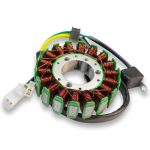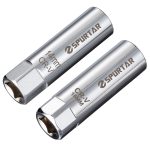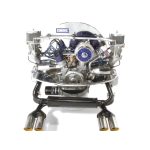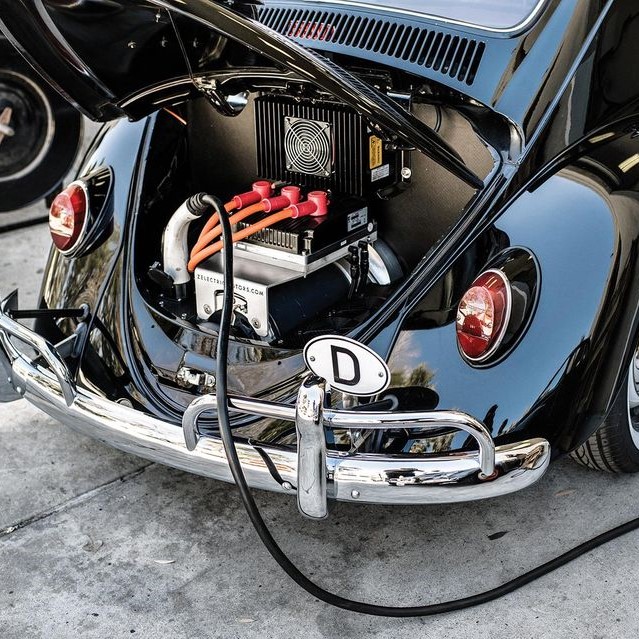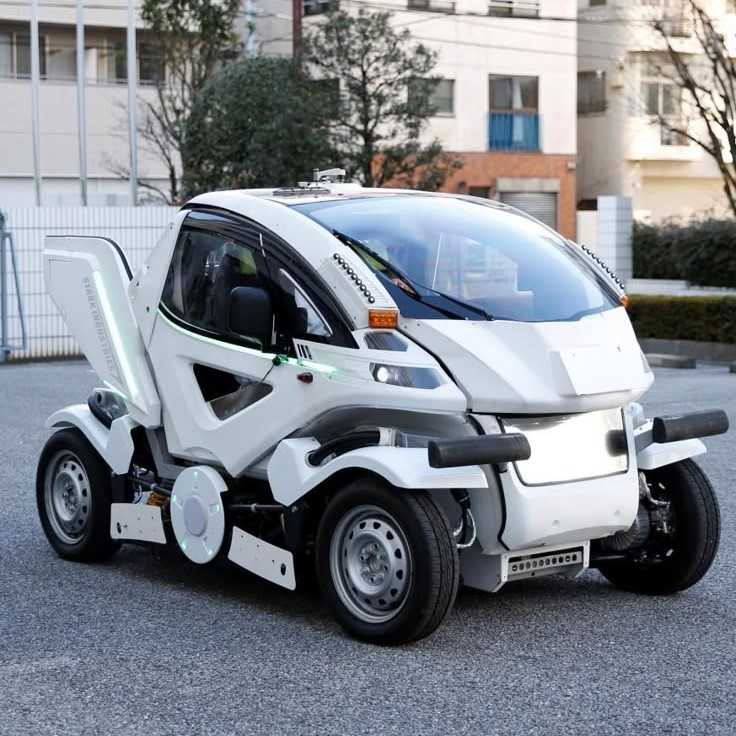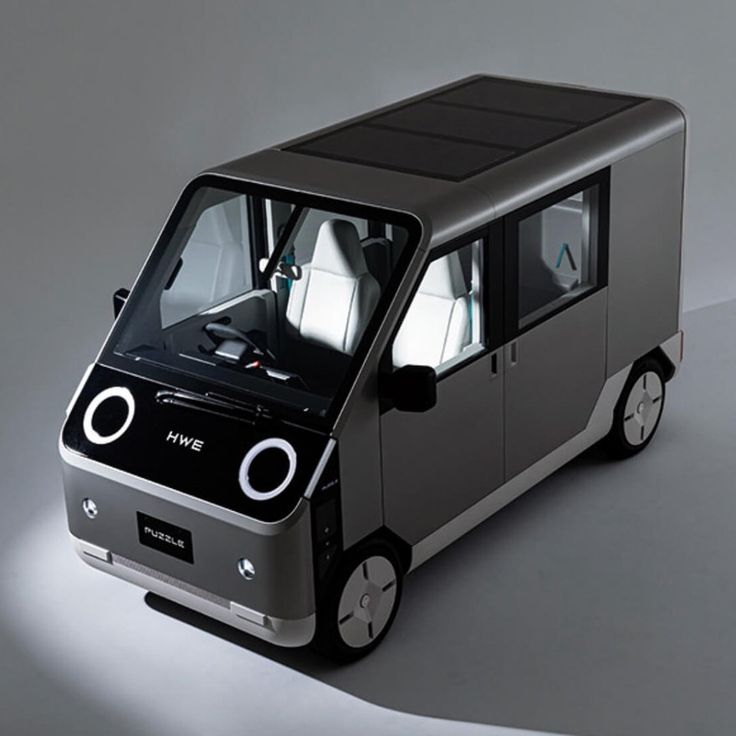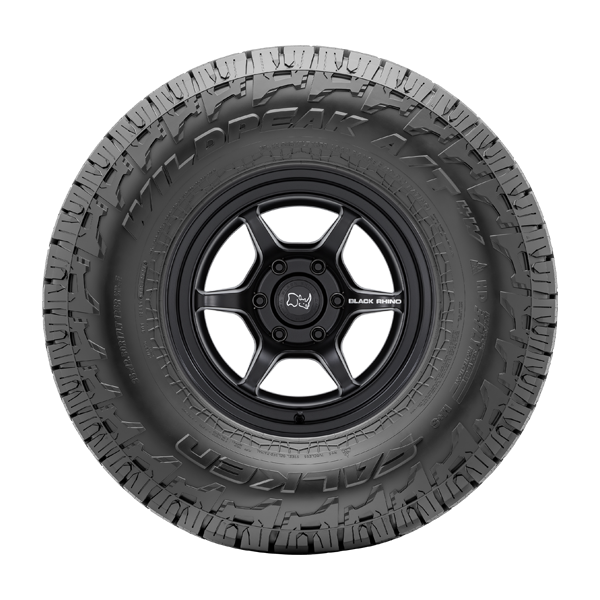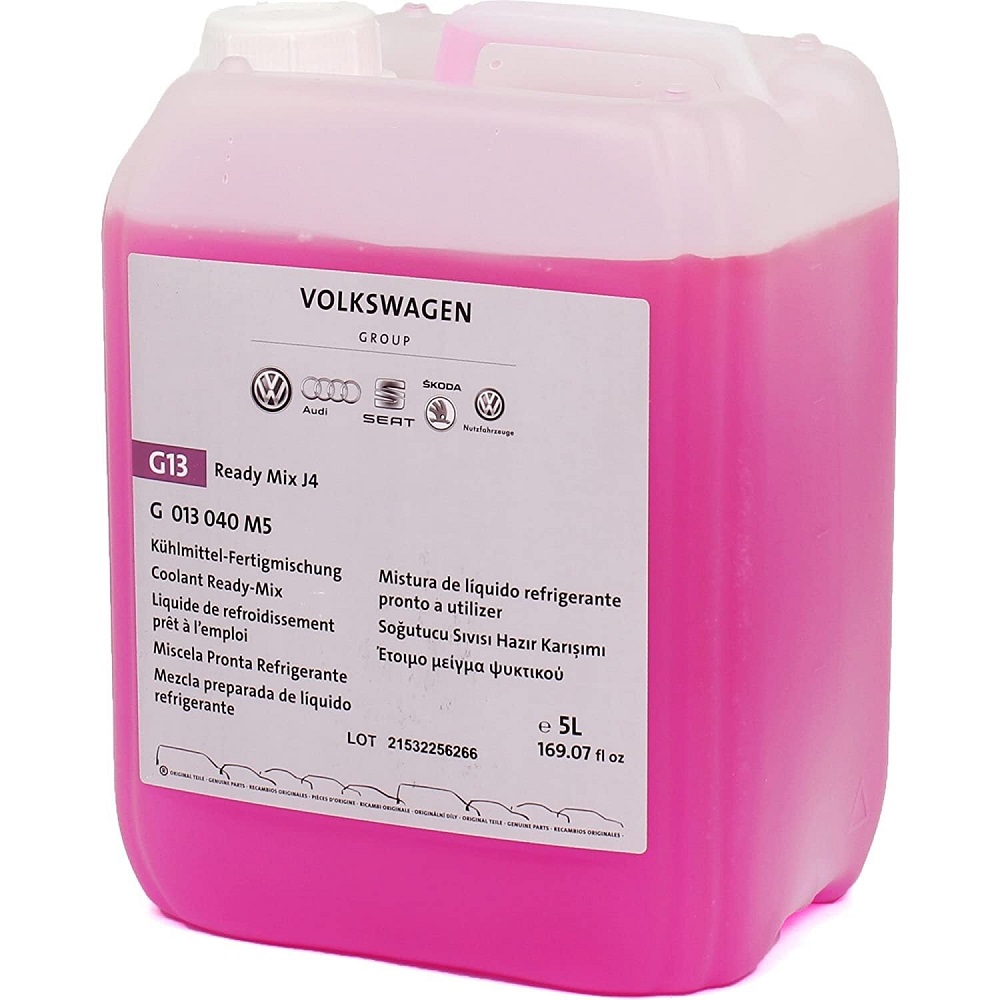Introduction
As the demand for sustainable transportation increases, many vehicle owners are considering the benefits of electric car conversion. Converting a traditional gasoline-powered vehicle into an electric one not only reduces carbon emissions but also offers a cost-effective and efficient travel solution. In this comprehensive guide, we will cover the different aspects of electric car conversion, specifically focusing on how to choose the right conversion kit for your vehicle. Understanding these elements will help you make an informed decision as you embark on your journey toward electrification.
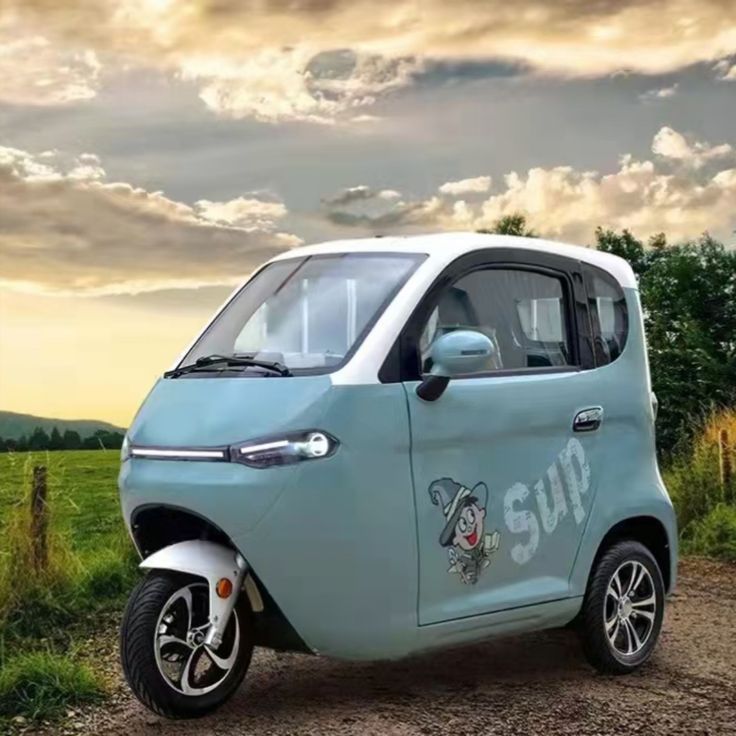
Understanding Electric Car Conversion
1. What Is Electric Car Conversion?
Electric car conversion involves replacing the internal combustion engine of a vehicle with an electric motor and battery system. This transformation allows the vehicle to run on electricity instead of gasoline or diesel fuel. The process typically includes:
- Removing the Engine: The existing combustion engine is removed from the vehicle.
- Installing Electric Components: An electric motor, batteries, and controllers are then installed to power the vehicle.
- Connecting Systems: This involves wiring the electrical components and ensuring compatibility with the vehicle’s structure and features.
Conversions overall provide an alternative to purchasing a new electric vehicle, often at a fraction of the cost.
2. Benefits of Electric Car Conversion
Many benefits come with converting your vehicle to electric, including:
- Cost Savings: Electric vehicles (EVs) generally have lower operating costs than gasoline-powered vehicles due to reduced fuel expenses and lower maintenance costs.
- Environmental Impact: By eliminating fossil fuel use, electric car conversions significantly decrease harmful emissions, contributing to a cleaner environment.
- Customization Options: Electric car conversions allow you to personalize features and performance according to your preferences.
- Longevity: Electric motors generally require less maintenance compared to combustion engines, leading to potential longevity of the vehicle.
By understanding these key benefits, you can see why many are making the switch to electric.
Choosing the Right Electric Car Conversion Kit
1. Assess Your Vehicle
Before selecting a conversion kit, assess the type of vehicle you plan to convert. Various factors will affect your choice, such as:
- Vehicle Size and Weight: The weight of your vehicle can impact how much power you need from the electric motor. Heavier vehicles may require more powerful motors and larger batteries.
- Intended Use: Consider your daily driving habits. Will you be using the vehicle for commuting, long-range travel, or off-road adventures? Your intended use dictates the specifications needed.
- Existing Components: Determine the condition of your vehicle’s current components. Assessing these will help you decide whether the conversion is feasible.
Understanding your vehicle ensures you choose a kit tailored to your specific requirements.
2. Types of Conversion Kits
Various electric car conversion kits exist on the market, each tailored to different vehicle types and user needs. Some common types of kits include:
- Complete Kits: These kits contain all essential components required for conversion, including the electric motor, battery pack, controller, and wiring. Complete kits are ideal for DIY enthusiasts who prefer a comprehensive solution.
- Partial Kits: Partial kits may provide select components but require you to source some parts separately. This option can be cost-effective but may require more effort in customization and installation.
- Custom Kits: For specific vehicles or performance needs, custom kits allow for personalization. This option provides flexibility but may also come with higher costs.
Assessing your specific needs will help you choose the right kit for your conversion project.
Researching Quality and Reputation
1. Brand Reputation
When considering electric car conversion kits, research the reputation of manufacturers. Choose well-established companies known for producing reliable, high-quality kits. Seek out customer reviews and testimonials to ensure that others have had positive experiences.
- Support and Warranty: Look for brands that offer solid customer support and warranties on their products. This signifies a commitment to quality and can provide peace of mind during installation and afterward.
2. Product Specifications
Pay close attention to the components included in the conversion kit. Critical specifications to review include:
- Motor Power: Assess the electric motor’s horsepower and torque ratings. Ensure it meets the performance requirements for your planned use.
- Battery Capacity: Evaluate the kilowatt-hour (kWh) rating of the battery pack. Higher capacity means longer range but can also increase weight.
- Compatibility: Confirm that the kit is compatible with your specific vehicle make and model, including any modifications needed during installation.
Thoroughly researching these specifications helps to guarantee an effective conversion.
Installation Considerations
1. DIY vs. Professional Installation
Decide whether to handle the conversion yourself or hire a professional. Each option has its pros and cons:
DIY Installation
- Assessing Mechanical Experience: If you have a background in mechanics or automotive work, attempting an electric car conversion yourself can be an incredibly fulfilling project. Consider your past experiences with similar tasks, as this will impact your confidence and ability to tackle such a significant undertaking.
- Hands-On Experience: DIY installations provide an opportunity to learn new skills and techniques. Working on your electric car conversion allows you to gain in-depth knowledge about your vehicle’s systems and electric vehicle technology, enriching your expertise in the field.
- Cost Savings: One of the most significant benefits of DIY installation is the potential cost savings. By performing the conversion yourself, you can often avoid labor charges associated with hiring professionals, allowing you to allocate more funds toward quality parts for your project.
- Access to Necessary Tools: Before starting your project, make sure you have access to essential tools required for an electric car conversion. Key tools may include wrenches, socket sets, wire strippers, soldering tools, multimeters, and other specialized equipment. Consider borrowing or renting tools if you do not already have them.
- Knowledge of Electric Vehicle Technology: Understanding electric vehicle systems is critical for a successful conversion. Research the components involved, including electric motors, battery systems, controllers, and wiring. Familiarizing yourself with these elements will help you troubleshoot issues that may arise during the installation.
- Planning and Preparation: Develop a clear plan before starting the installation. This includes outlining the steps involved, creating a detailed timeline, and preparing for potential challenges. Planning ensures you stay organized and focused throughout the process, increasing the likelihood of a successful outcome.
Professional Services
- Ensuring Accurate and Safe Conversion: Hiring a professional for your electric car conversion guarantees that the work is completed accurately and adheres to safety standards. Professionals have experience in handling complex installations, which reduces the risk of errors that could lead to safety hazards later on.
- Reliability of End Product: By enlisting the help of skilled technicians, you can expect a more reliable and high-quality outcome. Professionals understand the intricacies of electric vehicle systems and know how to integrate them properly into your existing vehicle.
- Time-Saving Benefits: Professional installations often take significantly less time than a DIY approach, especially for those unfamiliar with the conversion process. By choosing professional services, you can have your vehicle electrified and back on the road in a shorter timeframe.
- Access to Specialized Knowledge: Professionals possess specialized knowledge about electric vehicle technology, which allows them to identify potential issues that a less experienced person might overlook. This expertise ensures a thorough examination of your vehicle and careful installation of each component.
- Warranty and Support: Many professional conversion services offer warranties covering the work done. This warranty can provide you with peace of mind knowing that any unforeseen issues post-installation will be addressed by the professionals.
- Regulatory and Legal Considerations: Professionals are often more knowledgeable about local laws and regulations regarding electric vehicle conversions. They can ensure that your vehicle meets all necessary requirements so that you can register it without complications after completing the conversion.
- Post-Conversion Services: Some professional installers offer ongoing maintenance and support following the conversion. This ongoing relationship can greatly benefit you as you navigate the new technology and upkeep of your electric vehicle.
2. Time and Cost
Understand that electric car conversion is a time-consuming process. Whether opting for a DIY approach or professional services, set aside adequate time for research, planning, and installation.
- Budgeting: Budget accordingly for both the kit itself and any necessary tools or services. Additional costs for parts repairs or modifications should also be included.
Understanding Legal and Regulatory Factors
1. Local Regulations
Before converting your vehicle, familiarize yourself with local regulations related to electric vehicles and conversions. Laws vary by location, so it’s essential to understand any requirements or restrictions.
- Registration and Inspection: Some jurisdictions may require inspections or specific registration steps after completing the conversion. Ensure your conversion meets any requirements to avoid legal issues.
2. Incentives and Rebates
Check for possible incentives or rebates associated with electric car conversions. Government programs may offer financial assistance for converting traditional vehicles to electric, making your project even more affordable.
- Tax Credits: Explore whether you qualify for tax credits or deductions due to your conversion. Such programs can greatly benefit your budget.
Conclusion
In conclusion, the trend of electric car conversion offers a sustainable and innovative solution for those looking to reduce their carbon footprint while enjoying the benefits of electric vehicles. By choosing the right conversion kit tailored to your vehicle and needs, you can successfully electrify your ride.
Remember to conduct thorough research, considering everything from vehicle compatibility to local regulations and installation options. With thoughtful planning and awareness, your electric car conversion can be a fulfilling and eco-friendly journey, leading to a more sustainable future.
As you explore this exciting opportunity, embrace the benefits of electric vehicle technology, and contribute to a cleaner, greener world!
